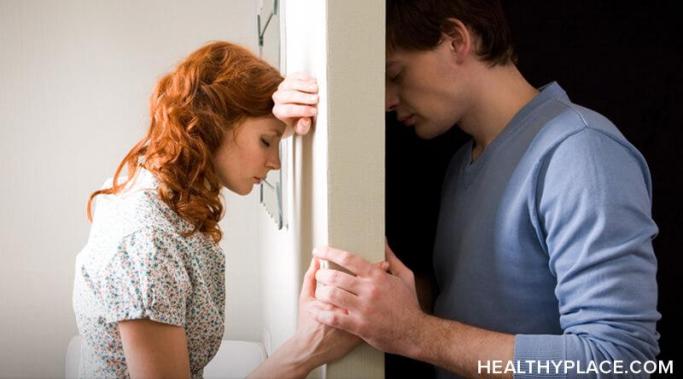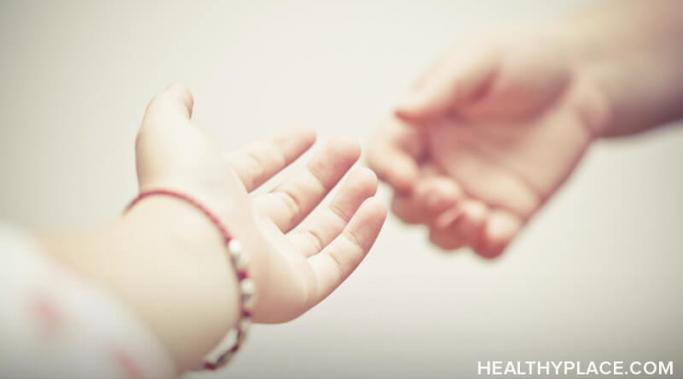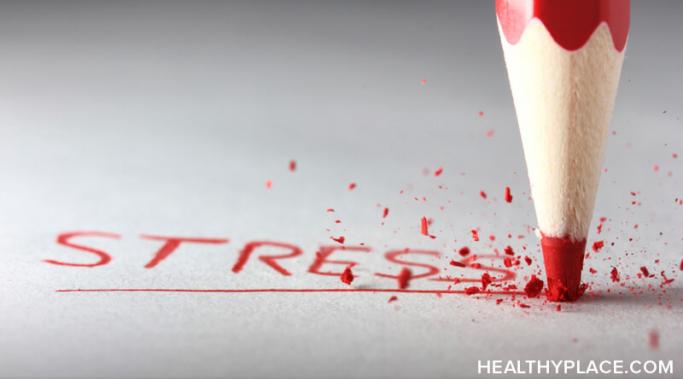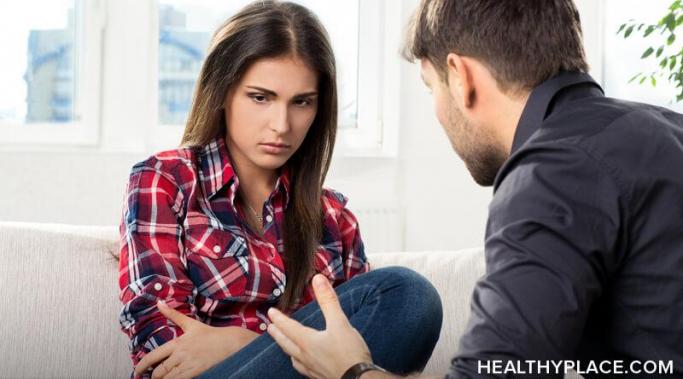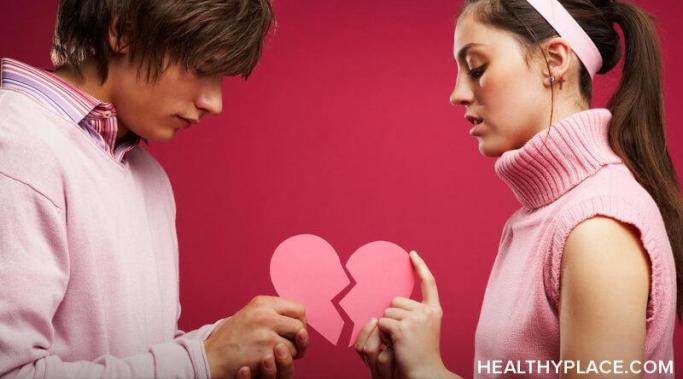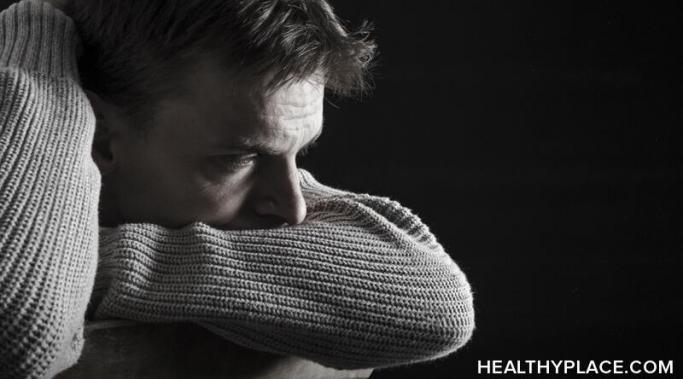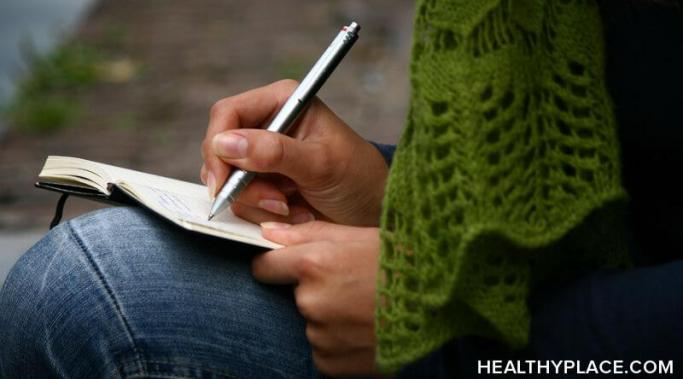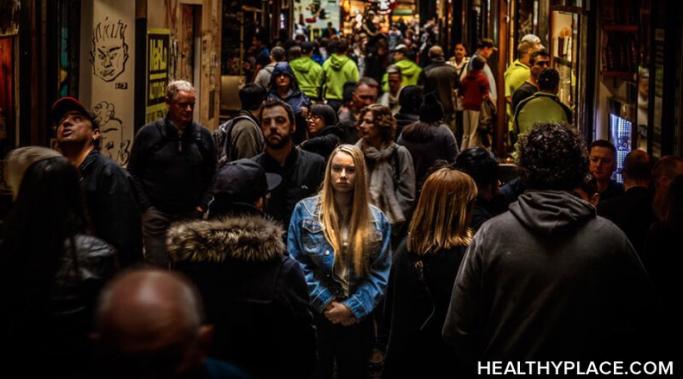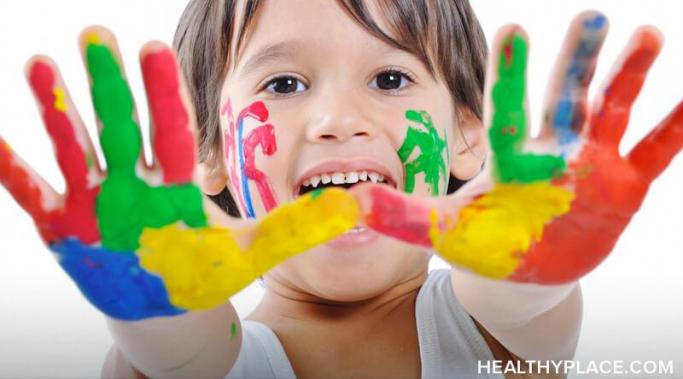Difficulties with posttraumatic stress disorder (PTSD) and intimacy are common, regardless of the nature of the trauma leading to PTSD. A quick search of the Internet will return dozens of links to websites regarding PTSD and intimacy and the challenges PTSD presents in maintaining intimate relationships. There is a flood of information regarding trust issues, poor communication, closeness, violence, sexual dysfunction, and more. However, in my case, all the facts and statistics do is cause my eyes to glaze over without really getting to the point. In an intimate relationship, partners usually come to understand each other's behaviors. What really happens in a relationship when PTSD and intimacy collide?
Trauma! A PTSD Blog
Learning how to care for someone with posttraumatic stress disorder (PTSD) can be hard. As someone who has served as both a caretaker of someone with PTSD and a person in need of care, I intimately understand the difficulties interlaced in the care of people with trauma histories. For example, it can be hard for us to express joy and gratitude, even when we feel it. People with PTSD can be prone to anger, which may make us lash out verbally or even physically (though studies have shown that PTSD does not usually make people more violent than the general population). PTSD can be treatment resistant, meaning we feel so damaged, hopeless, or otherwise unworthy that we give up on getting better, or refuse to try in the first place. People with PTSD are sometimes drawn toward self-harming behaviors like cutting ourselves or misusing drugs. It is indescribably painful to sit and hold the hand of someone you care for when that someone doesn't appear to care about herself. But PTSD recovery relies on community support. Learning how to care for someone with PTSD means learning to keep holding our hands, even if we can't find the words to tell you how much it means to us.
Understanding how stress from positive change adds to our stress load improves our self-care and helps us stay on the path to posttraumatic stress disorder (PTSD) recovery. While the word "stress" applies to life-altering situations like traumatic or stressful events as often as it pertains to a long to-do list, it is not typically associated with times when things are good. However, positive change and stress do exist together and it helps people with PTSD to recognize them when they occur.
We can't get away from having toxic people in our life sometimes. In a perfect world, we would never encounter someone unhealthy for us. The people with whom we hold company would all be healthy influences. Unfortunately, as those of us with posttraumatic stress disorder (PTSD) likely already know, we do not live in a perfect world. Although we can choose our friends, and we can migrate toward or away from certain co-workers, acquaintances, and even family members, we cannot always prevent having some toxic people in our life.
Sleep deprivation is a common complaint among people who experience posttraumatic stress disorder (PTSD). Research shows that at least 50% of individuals with PTSD have experienced recurring nightmares, and the majority of people with PTSD report either difficulty falling asleep (sleep onset insomnia), or trouble staying asleep long enough to feel rested (maintenance insomnia). Even though sleep difficulties often accompany PTSD, their importance might be underrepresented. Knowing how to recognize the symptoms of sleep deprivation and how to manage them are useful tools in treating the symptoms of PTSD.
The effects of posttraumatic stress disorder (PTSD) on relationships when both partners have PTSD create both problems and benefits. Living in the aftermath of trauma is difficult enough on its own, but navigating a relationship in which both partners have PTSD can be an emotional minefield. Fortunately, learning how to be in a relationship with someone who has PTSD is easier to understand when you live with PTSD too.
There are several approaches to healing from posttraumatic stress disorder (PTSD), and they may include finding comfort and support from faith communities. Yet, some doctrines do not foster self-care and recovery. If you have a faith community or consider yourself a member of an organized religion, you may develop beliefs that can stand in the way of your healing from PTSD. Here are some observations on faith systems and their impact on PTSD recovery.
Seasonal holidays involve many inherent rituals, but have you considered creating your own personal rituals to protect you from holiday stress and anxiety? I had the opportunity to discuss rituals--both helpful and harmful ones--with psychologist Stanton Peele while researching an article about addiction for Vice.1 He describes the ways in which some rituals actually protect people from developing addictions--such as Jewish customs of drinking wine only during certain occasions. He finds that Jews who associate wine in that religious context often find it odd to think of alcohol as a "party drug." This conversation made me think of the routine rituals we encounter during the holidays. Can trauma survivors intentionally create personal rituals as a means of coping with some of the extra stress associated with holidays?
Depersonalization is one of the potential dissociative symptoms experienced by a person with posttraumatic stress disorder (PTSD). Individuals frequently describe depersonalization as repeated instances of feeling a disconnect between one's thoughts and physical self. Some also describe it as watching the world through a dreamlike state or watching events from outside one's body. It is one of the most challenging to define sensations I have ever experienced. Following are some examples of depersonalization symptoms in PTSD and how I experienced them.
Whether or not a person chooses to have kids is highly personal, and the fact that kids can trigger parents with posttraumatic stress disorder (PTSD) doesn't take away from a person's ability to be a good parent. Becoming a parent is life-changing--in ways that are both uniquely rewarding and highly stressful. Each of us should be allowed to make that decision individually, regardless of our trauma history. People with PTSD can make wonderful parents, just like anyone else. Something that many people with PTSD may not consider, however, is that once they become parents, their kids could trigger their PTSD.
